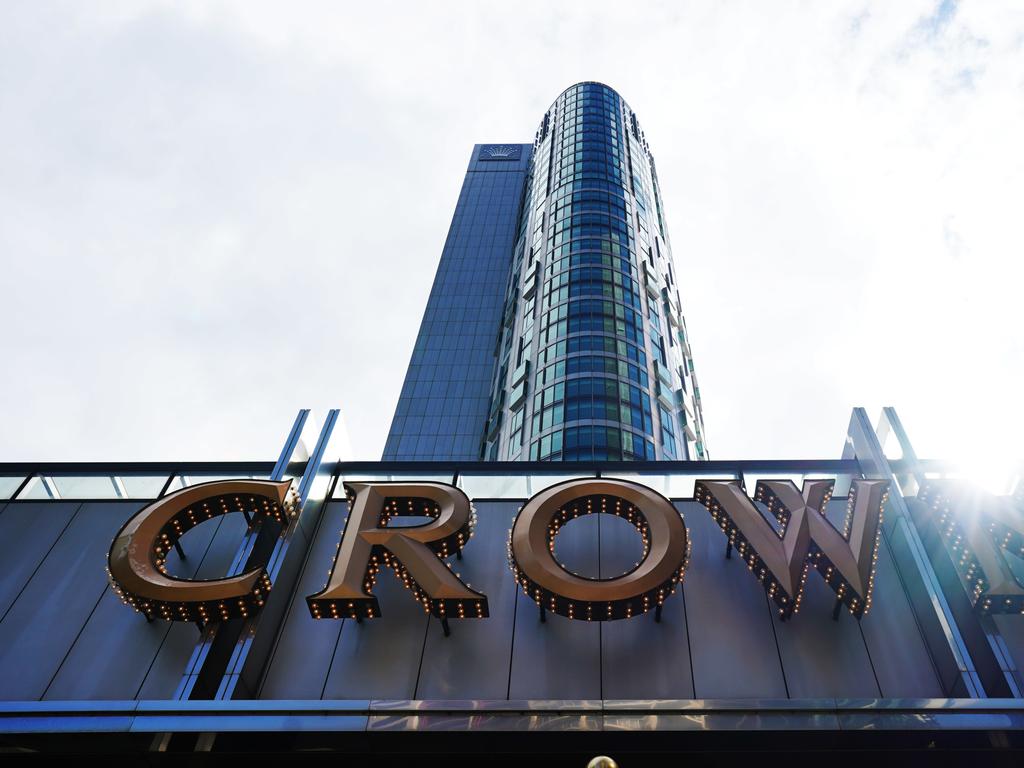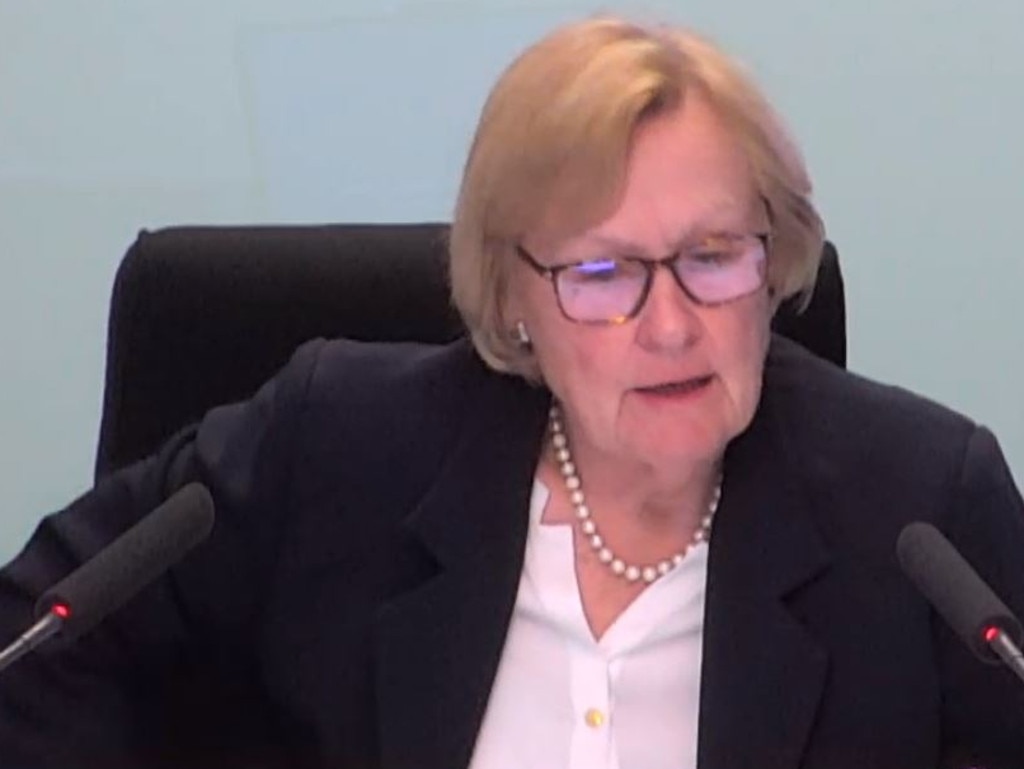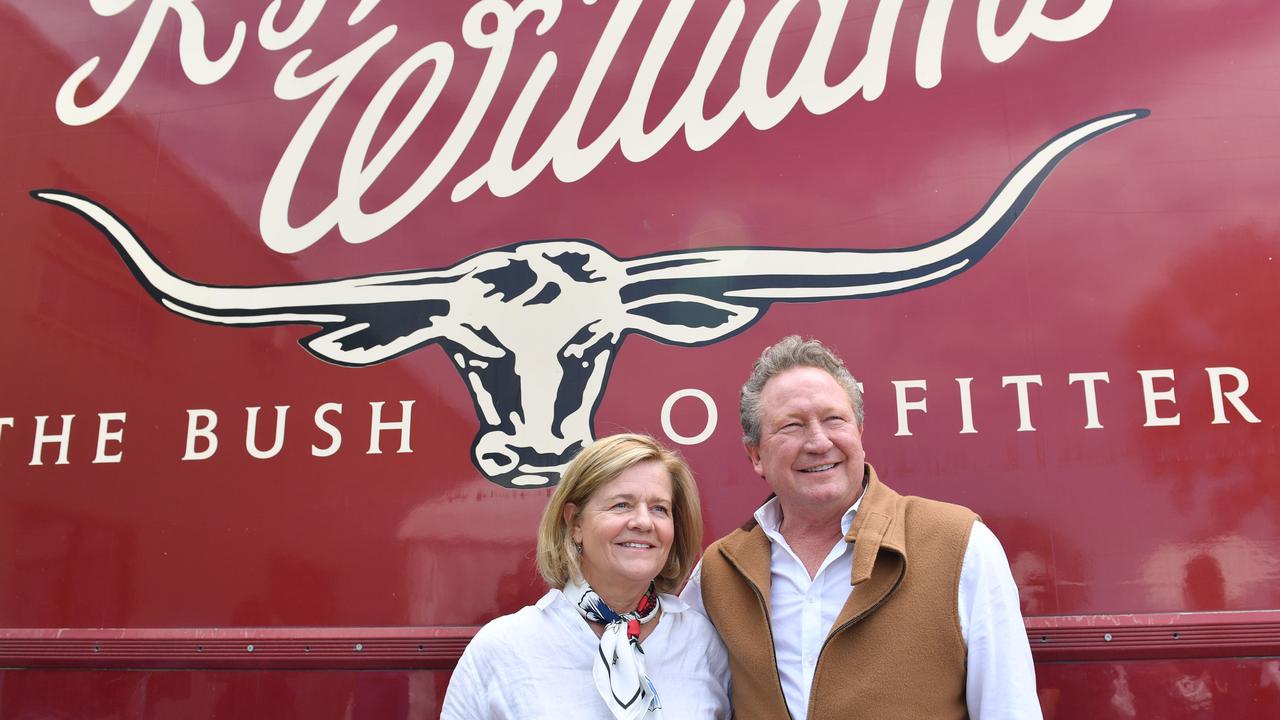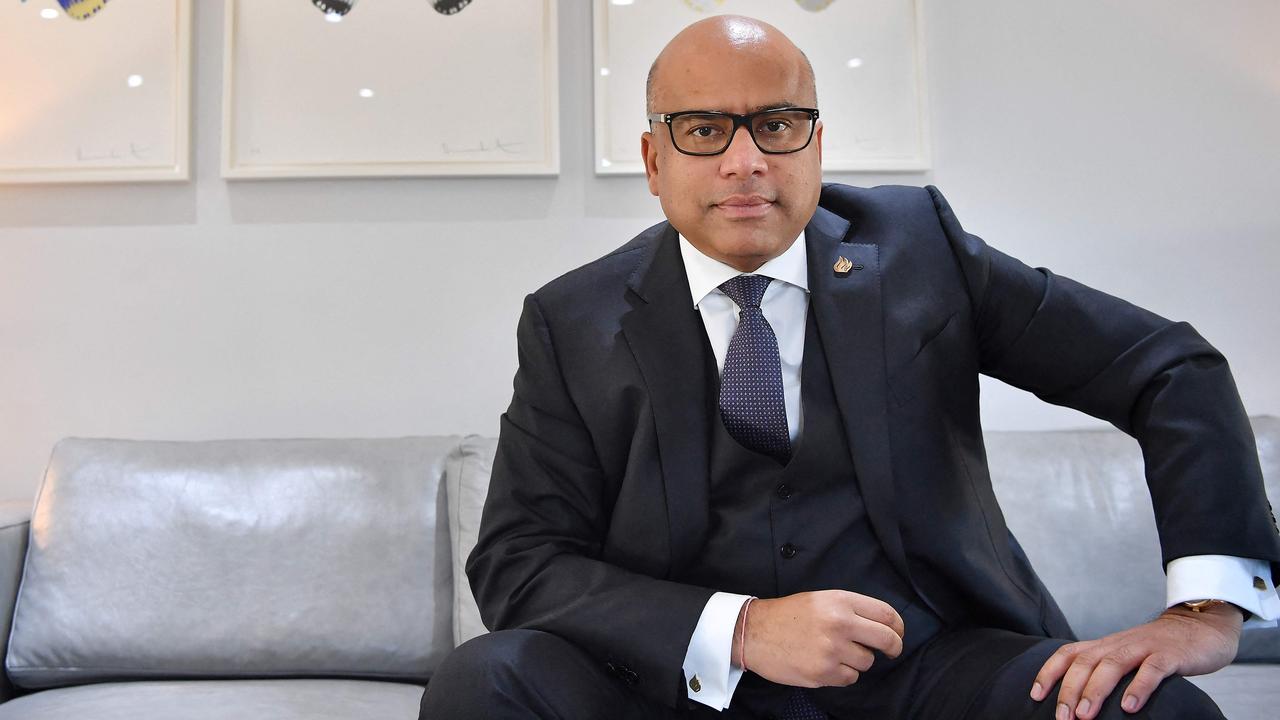Crown VIP group not responsible for arrests, inquiry hears
The failures in risk management that led to the arrest of Crown staff in China were the fault of management and not related to James Packer or his deputies, an inquiry has heard.
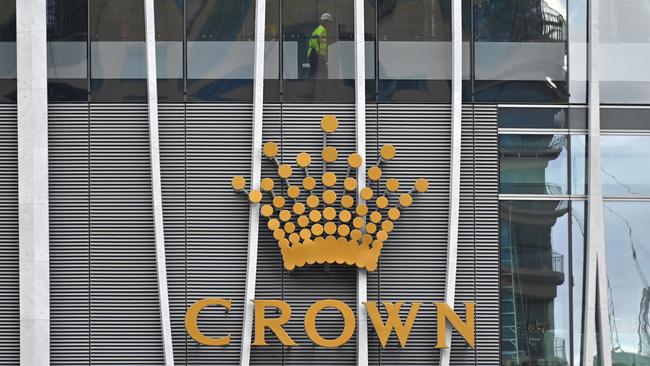
The failures in risk management that led to the arrest of Crown Resorts staff in China in 2016 were an internal problem at the company, and cannot be “laid at the feet” of James Packer or his deputy Michael Johnston, a NSW inquiry has heard.
Speaking to the NSW Independent Liquor and Gaming Authority’s inquiry into the suitability of Crown to operate the Sydney Barangaroo casino on Thursday, counsel for James Packer and his private company Consolidated Press Holdings, Noel Hutley SC, rubbished the suggestion that Mr Packer’s creation of a VIP working group led to risks to staff in China going unreported.
“Whatever failures there are, and you may well find there were very significant failures in reporting, one of the things it (the group) did not do was undermine those reporting structures,” Mr Hutley said.
“Why we have to address this is that a submission is made that this is in some way the fault of the VIP working group, and the fault is sought to be laid at CPH and Mr Johnston’s feet.
“These structures failed without any assistance from the VIP working group. They just failed.”
Last week the inquiry heard from the counsel assisting that the VIP working group, created on Mr Packer’s instigation to provide advice on how to increase the patronage of Chinese high-rollers to Crown Melbourne, created an “insertion of informal reporting lines” which meant risks to the safety of staff in China did not reach the risk management committee or Crown board.
It was submitted that “loyal” CPH executive and Crown Director Michael Johnston was picked by Mr Packer to head up the group, and that he failed to report growing risks to the staff in China shared with him by VIP executive Michael Chen to then CEO Rowen Cragie or the wider Crown board.
But today Mr Hutley rejected the characterisation of the group as a “CPH working group”, submitting that Mr Johnston was the only CPH executive in the group, and that he did not regularly attend meetings or provide direction.
“Mr Johnston did not have a day to day understanding of everything that occurred in the VIP business,” he said.
“Mr Johnston did not appear at the meetings regularly, and did not give orders.
“Mr Johnston provided specified assistance on requested tasks.
“It was not, and I quote a ‘CPH working group’.”
Blurred lines
Commissioner Patricia Bergin remarked that it was a “fact” that the existence of the group did confuse clear lines of reporting.
“For whatever reason there were structures in place that seemed to, not intentionally, but seemed to blur the lines for the more junior people in the group,” she said, also saying that Mr Johnston’s involvement in the group was because Mr Packer thought he had “particular skills” that might enhance the efficiency of the VIP business.
But Mr Hutley maintained that Mr Johnston’s role was limited and he did not contribute to a culture of profit maximisation that counsel assisting submitted was driven by Mr Packer to the extent that material risks to staff was disregarded.
“There is no evidence that any of the CPH parties encouraged the pursuit of financial outcomes while disregarding non-financial risk,” Mr Hutley said.
He also said that Mr Johnston received repeated assurances about the legality of Crown’s activities in China from other executives, and that an email he received in 2015 alerting him to the questioning of a staff member by Chinese police was not treated by him with import as his contextual knowledge of the situation was limited.
“There is no basis for a finding that Mr Johnston knew of a risk of arrest or detention on the Crown group staff in China.
“It’s easy to suggest the warning signs were obvious in hindsight.”
Ms Bergin said it was an “odd situation” that Mr Johnston did not appreciate the import of the email as he was made aware that Korean casino staff in China were arrested weeks prior.
The inquiry continues.


